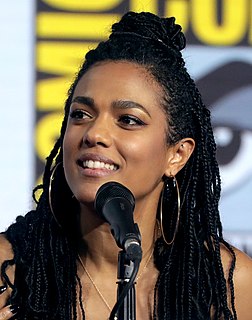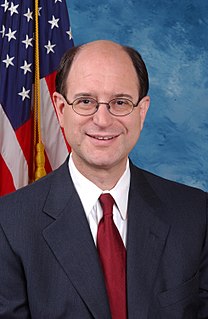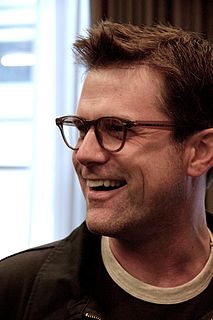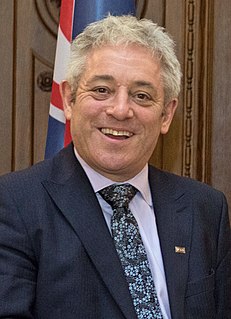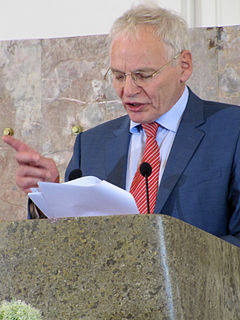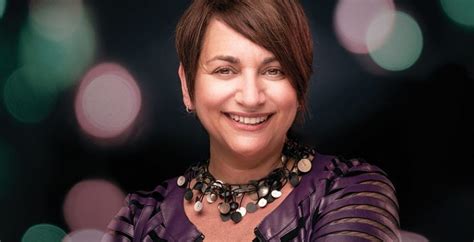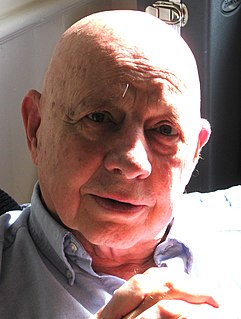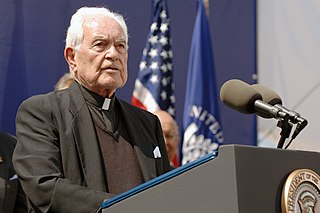Top 1200 Academic Writing Quotes & Sayings - Page 2
Explore popular Academic Writing quotes.
Last updated on April 21, 2025.
A hilarious academic novel that'll send you laughing (albeit ruefully) back into the trenches of the classroom. . . . [A] mordant minor masterpiece. . . . Like the best works of farce, academic or otherwise, Dear Committee Members deftly mixes comedy with social criticism and righteous outrage. By the end, you may well find yourself laughing so hard it hurts.
I am thoughtful about introducing terms that tend to be in circulation primarily in academic circles. "Homonormativity" and "homonationalism" are by no means solely academic terms, and in fact circulate in important ways in many activist circles, but in general I find them to be terms that most people I meet are not familiar with.
I'm not an academic; I'm not an archaeologist. I'm a writer, communicating ideas to the public. There is a model of how the past is, and a lot of academic archaeology is about refining the model. It's not about changing the model radically. I'm not aware of any current which is about radically changing the model. It's just me, really.
I took art courses, only in the sense that I was able to - I took art classes, which were fun, which I liked, but it was a - just a kind of a general education that I got, a regular academic - academic diploma, but I kind of had the feeling that art was something that I really liked the most but I wasn't really sure that that was it.
I think for what success looks like for me, it is a world in which you can look at the achievement scores, the academic scores, of any school anywhere in this country [the USA], and you wouldn't be able to look at the score and determine what the racial makeup or the socioeconomic makeup of that school is simply because of the academic achievement levels.
The Chinese traditionally have revered age and longevity - I have one and hope for the other! - so, in Taipei, a city-hub for global Chinese who dis-identify with the People's Republic of China's construction of a Communist nationalist Chineseness, I called on the Chinese muse of writing to witness my emergence out of the academic woods.
An academic discipline, or any other semiotic domain, for that matter, is not primarily content, in the sense of facts and principles. It is rather primarily a lived and historically changing set of distinctive social practices. It is in these practices that 'content' is generated, debated, and transformed via certain distinctive ways of thinking, talking, valuing, acting, and, often, writing and reading.
There is a common misconception that intelligence is synonymous with IQ. "Intelligence Quotient" or IQ was originally built to predict the academic aptitude of schoolchildren, and is nothing more than a measure of the skills needed for academic success. Intelligence, however, is a much broader concept that encompasses a person's level of skill for any of a number of subjects.
I was quite straight-laced. I was quite academic until I was about 14 and then I went to boarding school where I had the opportunity to continue to be very academic, but got less interested in it and became more involved in acting. And then when I was applying for universities I used a couple of places on my UCAS form to apply for drama school without telling anyone... but didn't get into drama school. But that was the most rebellious thing I did.
There was no real strategic decision about editorial tone. It was kind of a write whatever you want to write, and we'll see how it goes. I think that we lucked out in that all of the women who started writing at Feministing.com were really funny, and I don't think that's something people are used to seeing or hearing when they read feminism. You know, you think feminism and you kind of think academic, women's studies, dry, humorless; there are all of these stereotypes that go along with what feminist thought is and what feminist writing is.
I never went to college and I was raised in Arkansas so there wasn't a lot of academic language being thrown around my house. We weren't idiots, but I didn't have that access to academic feminism. I had to realize, on my own, that feminism is not just about how far ahead you can get in a job and it isn't about not wearing makeup. It isn't about not watching your waistline. I had to recreate the world entirely.
My literary criticism has become less specifically academic. I was really writing literary history in The New Poetic, but my general practice of writing literary criticism is pretty much what it always has been. And there has always been a strong connection between being a writer - I feel as though I know what it feels like inside and I can say I've experienced similar problems and solutions from the inside. And I think that's a great advantage as a critic, because you know what the writer is feeling.
Clearly, one does not have to give up being an academic, retreat from rigorous research, or renounce the importance of specialization in order to address major social issues. I don't think you give up theoretical rigor by writing in a way that addresses major social concerns and is at the same time accessible to wider informed general audiences.
The rites of passage in the academic world are arcane and, in their own way, highly romantic, and the tensions and unplesantries of dissertations and final oral examinations are quickly forgotten in the wonderful moment of the sherry afterward, admission into a very old club, parties of celebration, doctoral gowns, academic rituals, and hearing for the first time "Dr.," rather than "Miss" Jamison.
The more passive one's life in the field, the greater the need to reverse the situation when one returns home, which is why the arcane and authoritative character of academic writing may be seen, to some extent, as a vengeful reaction to the inertia, uneventfulness, and waiting one had to endure as a guest at someone else's banquet. A way of redressing an existental imbalance, as it were reclaiming authorial will by superimposing one's own meaning on theirs...
You have to understand, in the current academic climate, Intelligent Design is like leprosy or heresy in times past. To be tagged as an ID supporter is to become an academic pariah, and this holds even at so-called Christian institutions that place a premium on respectability at the expense of truth and the offense of the Gospel.
That's one thing brands are understanding is, I'm the blogger who's not writing about fashion. I'm not writing about beauty. I'm not writing about gossip. I'm not writing about politics. I'm writing about all of that. I'm the person they can come to if they just want to reach people who care and have their fingers on pop culture.
Most academic historians accept that historians' own circumstances demand that they tell the story in a particular way, of course. While people wring their hands about 'revisionist' historians; on some level, the correction and amplification of various parts of the past is not 'revisionism' as it is simply the process of any historical writing.
There is one great advantage to being an academic economist in France: here, economists are not highly respected in the academic and intellectual world or by political and financial elites. Hence they must set aside their contempt for other disciplines and their absurd claim to greater scientific legitimacy, despite the fact that they know almost nothing about anything.
While the universities are increasingly corporatized and militarized, their governing structures are becoming more authoritarian, faculty are being devalued as public intellectuals, students are viewed as clients, academic fields are treated as economic domains for providing credentials, and work place skills, and academic freedom is under assault.
I talk about folding it in often with Althea, my girlfriend. She's getting her doctoral degree at Berkeley and she talks about how even when writing these very academic, and, for the most part, serious papers there's just so much going on in her head and heart, and it's a reminder that there's a reason that she's studying these things.
Writing objects to the lie that life is small. Writing is a cell of energy. Writing defines itself. Writing draws its viewer in for longer than an instant. Writing exhibits boldness. Writing restores power to exalt, unnerve, shock, and transform us. Writing does not imitate life, it anticipates life.
By academic freedom I understand the right to search for truth and to publish and teach what one holds to be true. This right implies also a duty: one must not conceal any part of what on has recognized to be true. It is evident that any restriction on academic freedom acts in such a way as to hamper the dissemination of knowledge among the people and thereby impedes national judgment and action.


